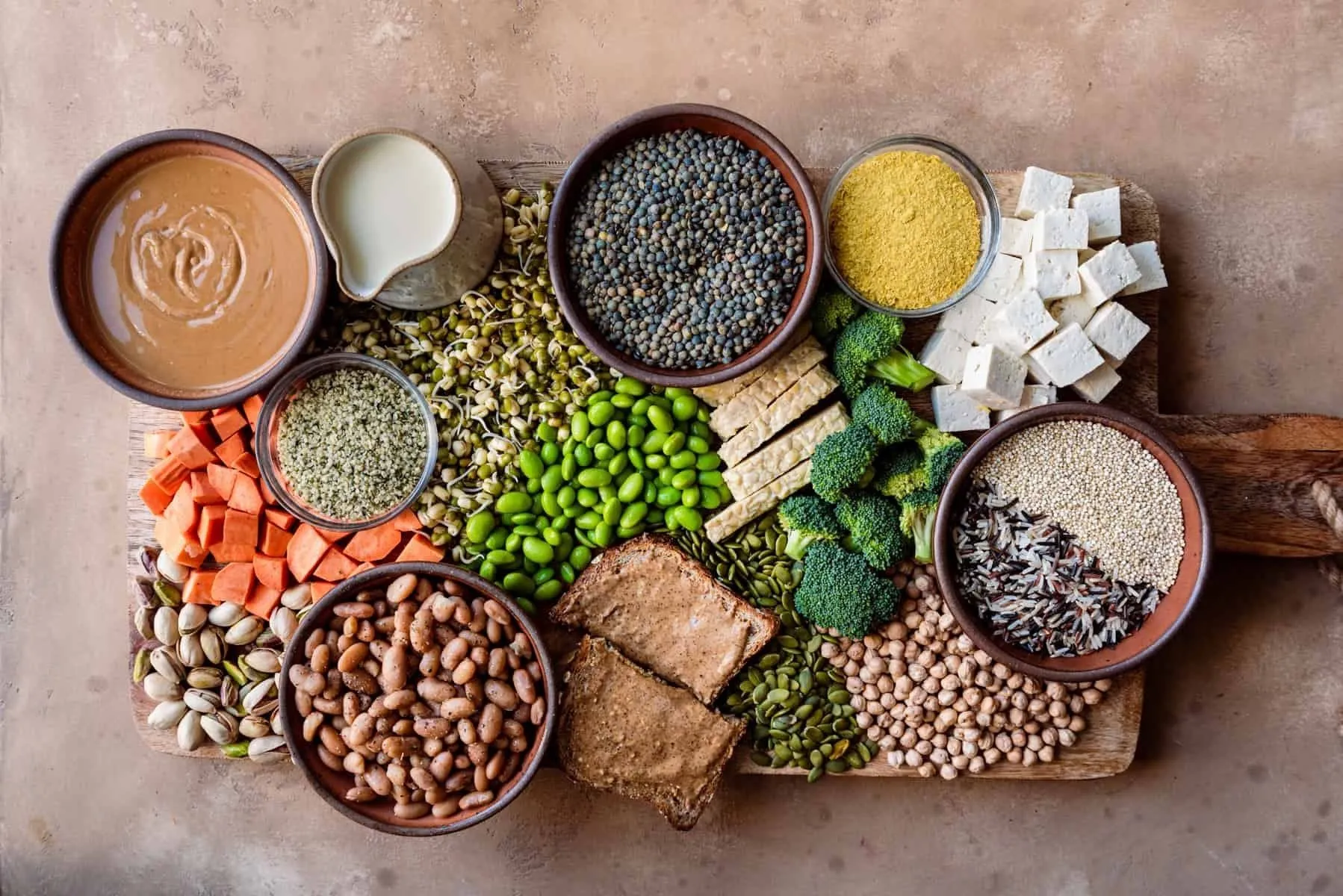.webp)
In recent years, large-scale production of goat milk has been established worldwide. It is richer than cow's milk, healthier, almost non-allergenic, and easily digestible. Why we value it, how it benefits the body, and how to consume it — let’s break it down step by step.
.webp)
Why we value dairy products
Nutritional protein, enzymes that aid digestion, vitamins, and trace elements — this combination is what makes dairy products so beloved. And it’s worth noting that at the top of the dairy hierarchy stands not cow's milk, but sheep's milk and especially goat milk. Here's why.
Size
The size that matters is the size of the fat molecules. Goat milk is referred to as "low-dispersion" in specialized literature, which simply means: "The fat globules in it are smaller, making it easier for the human body to digest."
Enzymes
Goats are more resistant to diseases than cows, so goat milk is often recommended to be consumed fresh. Milk that hasn't been boiled contains many enzymes that help the digestive system break down food. While boiling and pasteurization destroy enzymes, this process affects goat milk to a much lesser degree.

Better than cow's milk
When comparing goat milk to cow's milk, here’s what we find: goat milk contains six times more cobalt than cow's milk. Cobalt is a key component of vitamin B12, which is crucial for important blood-forming and metabolic processes in the body. It also has significantly more potassium, and its proteins and fats are of higher quality, offering greater nutritional value.
Goat milk contains little lactose (milk sugar), meaning it’s easily digestible, doesn’t cause stomach issues, and is ideal for people who are lactose intolerant but still enjoy dairy products. Additionally, it’s valued for its high content of capric, linoleic, and sialic acids, carotene, niacin, iron, and magnesium.
Medicinal properties
Goat milk has long been given to children: to healthy ones for strengthening their immunity and to sick ones for faster recovery. It has bactericidal properties, normalizes gastrointestinal function, and allergists claim that people allergic to cow's milk can tolerate goat milk without issues. In folk medicine, it’s used to treat skin conditions, joint diseases, thyroid disorders, as well as exacerbations of stomach ulcers and tuberculosis. It’s also proven to help remove heavy metal salts from the body.
How to consume It
By digestibility, ease, and benefits:
- Yogurts and kefirs made from raw goat milk;
- Cheeses made from raw goat milk;
- Raw goat milk;
- Yogurts, kefirs, soft cheeses, and cottage cheese made from pasteurized goat milk;
- Pasteurized goat milk;
- Hard cheeses made from pasteurized goat milk;
- Butter made from goat milk.



